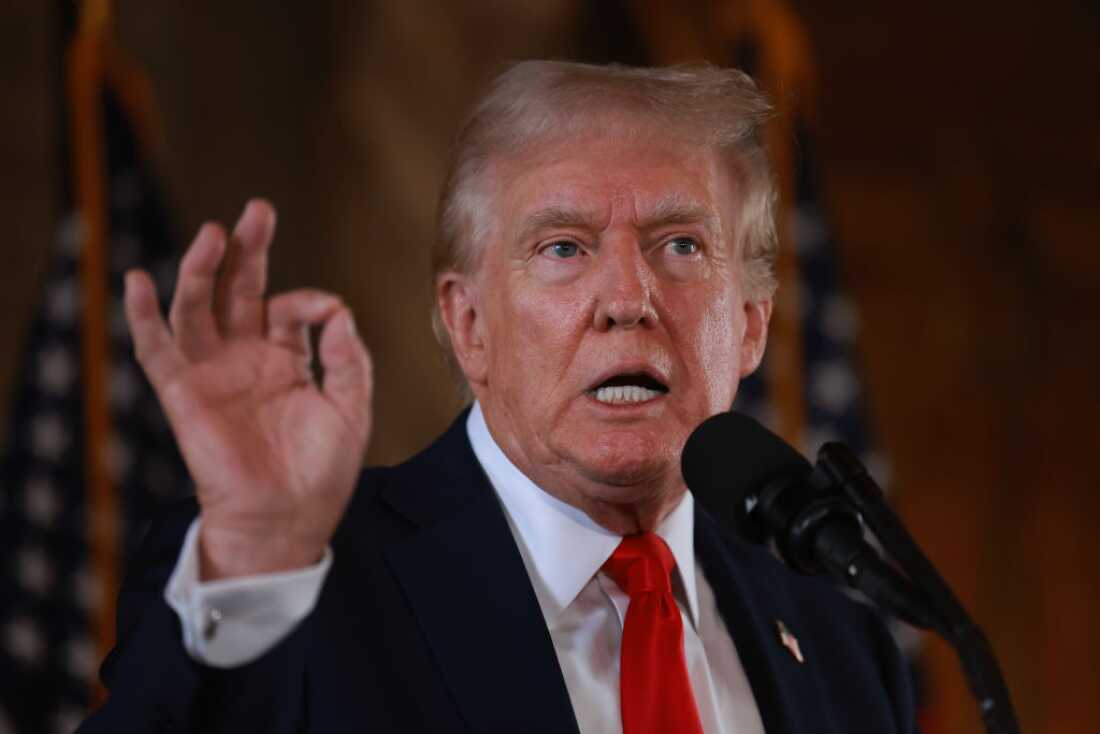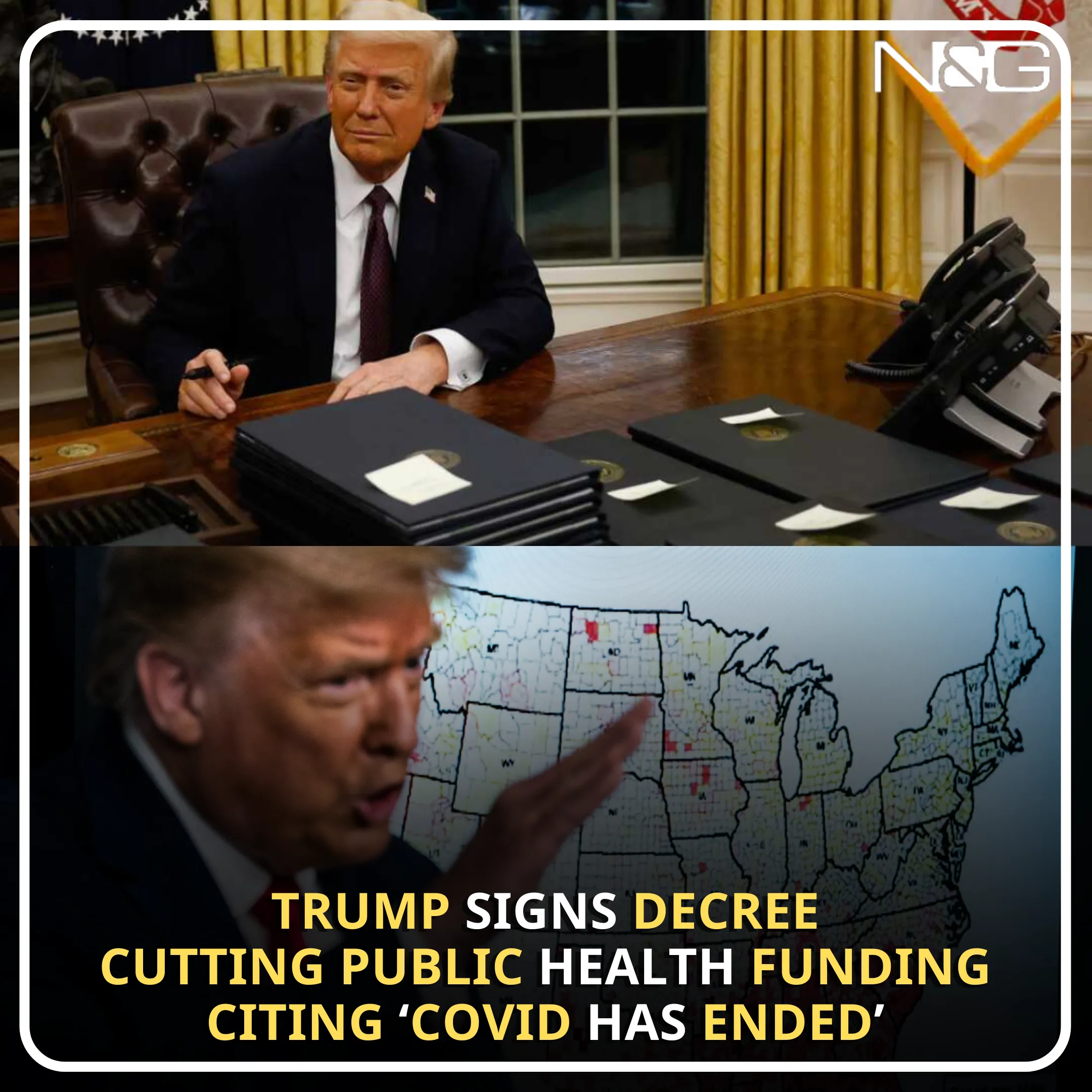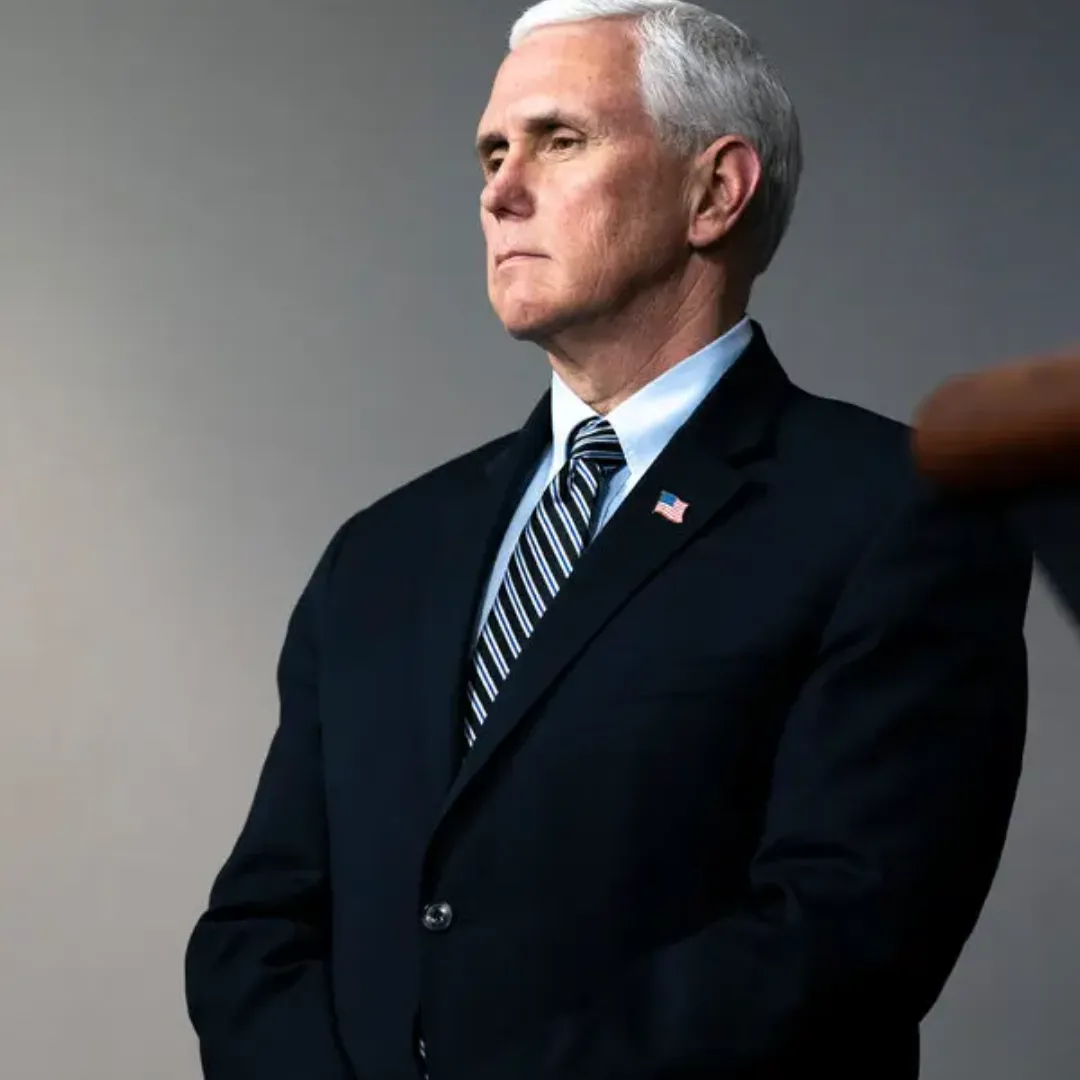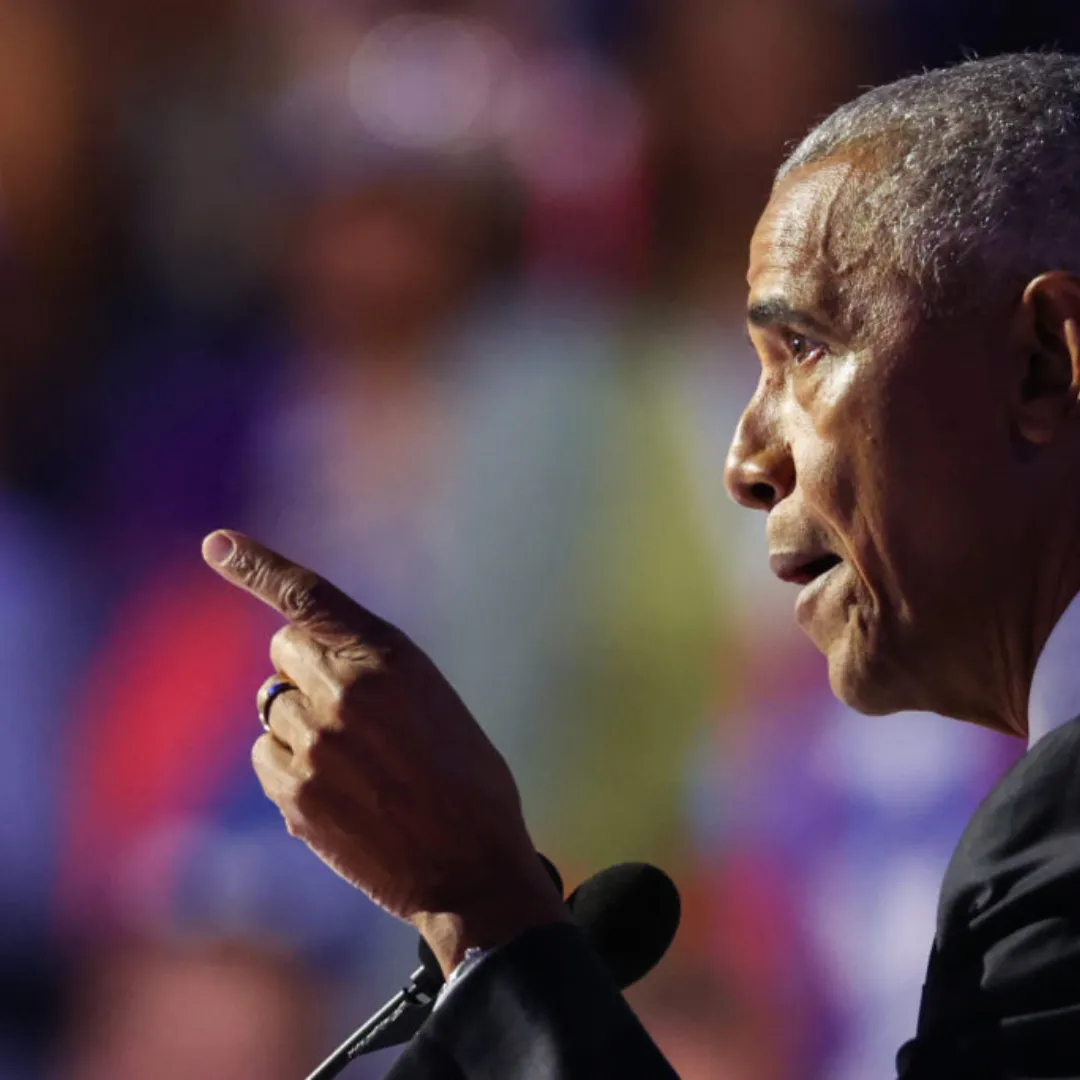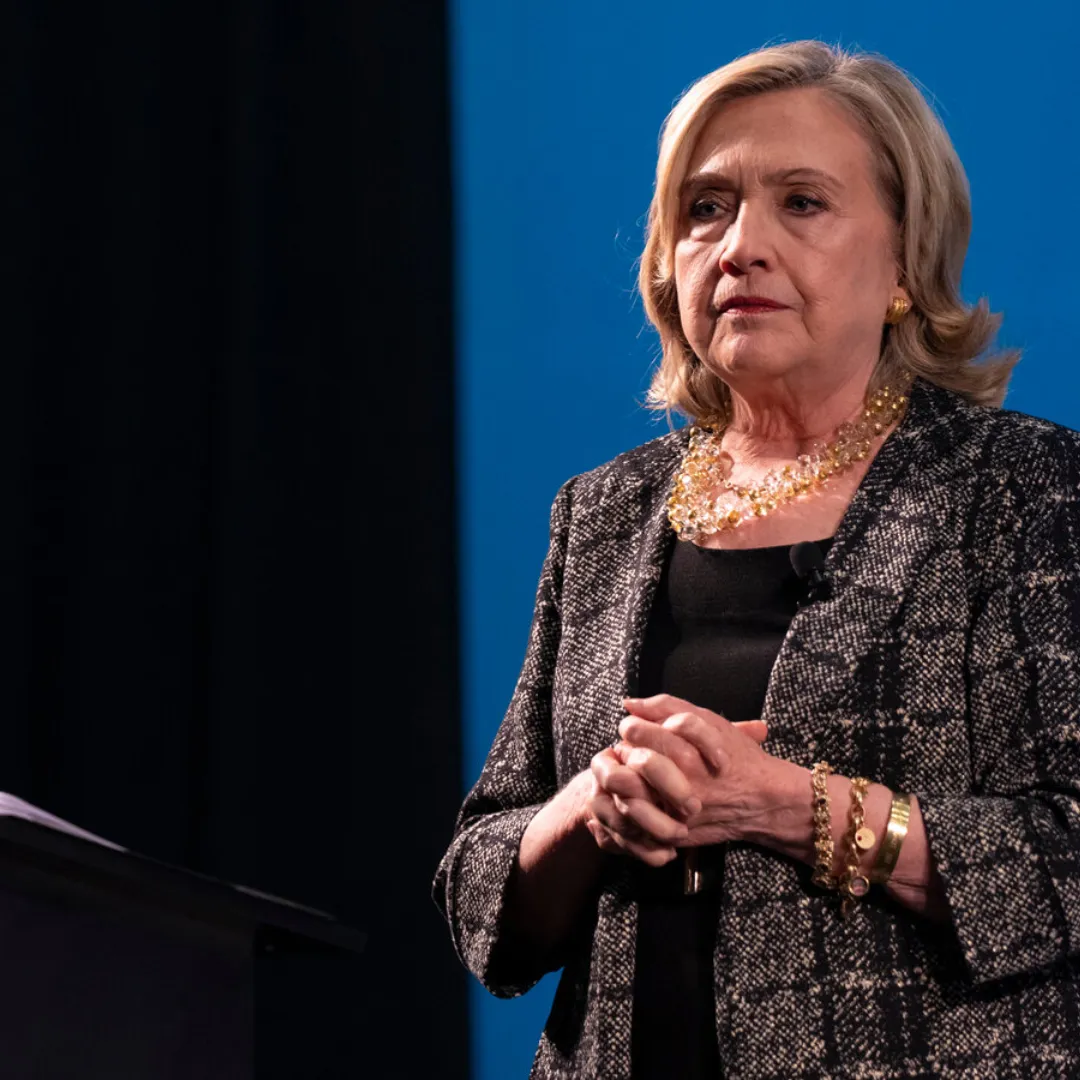
In the lead-up to a highly anticipated special election in Florida’s 6th Congressional District, top Republicans have begun to express growing concerns about the performance of their handpicked candidate, state Senator Randy Fine. Despite the district's traditionally solid Republican support, GOP leaders have become increasingly alarmed by Fine’s lackluster campaign and poor fundraising efforts, especially as Democrat Josh Weil has outraised him nearly 10-to-1.
In an attempt to salvage the situation, members of President Donald Trump’s team and House GOP leadership have stepped in to personally intervene. A senior advisor to Trump reached out directly to Fine, urging him to get his campaign in order and ramp up media exposure, according to a White House source.
Some Republican leaders, including House GOP campaign chief Rep. Richard Hudson and House Majority Whip Tom Emmer, went even further, bluntly telling Fine to “get his sh*t together.”
Weeks later, as election day approaches, Republicans are bracing for a potentially closer race than anticipated in Florida’s deep-red 6th District. With Fine having been significantly outraised and struggling to make an impact, there are growing fears that the GOP candidate could fall far short of the performance President Trump achieved in the district in November.
If Fine fails to perform well, it could raise questions about the GOP's ability to hold onto traditionally safe seats and the effectiveness of Trump’s political endorsements.
The GOP's concerns about Fine's campaign are not unfounded. Despite being the party's chosen candidate, Fine has struggled to raise the necessary funds to run an effective campaign.
As of mid-March, Fine had reported only $93,000 in cash, a stark contrast to Weil’s impressive $9.5 million fundraising haul. The imbalance in fundraising has made it difficult for Fine to compete, particularly in a district where the cost of campaigning is high and media coverage is essential to reaching voters.
In addition to fundraising issues, Fine has faced criticism for his slow campaign rollout. He was notably late to air television ads, an essential part of any congressional race. Republican leaders, including Hudson, have acknowledged that Fine could have started his campaign earlier and invested more time and effort into securing media exposure.
"I’d rather him have gotten up a few weeks earlier, but we’ve got lots of folks on the ground helping turn out the vote, so I’m confident,” Hudson said in an interview with CNN.
The lack of a strong start and the significant gap in fundraising are compounded by Fine's polarizing reputation in Florida politics. He has made controversial statements in the past, including calling for the expulsion of “non-Americans” who have "advocated for Muslim terror" and supporting the Parental Rights in Education Act, often criticized as the “Don’t Say Gay” bill.
These positions have alienated some voters in the district, making it harder for Fine to garner broad support, particularly among moderate Republicans and independents.
As the race grows tighter, Trump has stepped in to try to boost Fine’s chances. The president called into two tele-rallies on Thursday evening to provide support for Fine, in addition to GOP candidate Jimmy Patronis in Florida’s 1st District.
During the tele-rally for Fine, Trump urged voters to back the state senator, calling him a “true American patriot” and emphasizing the importance of the upcoming election.
“We’re just a few days away from an all-important special election taking place in your state on Tuesday, April 1, and I’m asking you to get out and vote for a true American patriot, somebody that I’ve gotten to know very well, Randy Fine,” Trump said during the rally.
Trump’s intervention highlights the importance he places on the Florida races and his growing concern about Fine’s ability to win. The president also spoke about the significance of the special elections in Florida more broadly, noting that “the whole country’s actually watching this one. It’s a very big one.”
While Fine remains the GOP’s favored candidate, the race is expected to be much closer than Republicans initially anticipated. As Fine faces off against Weil, who has raised significantly more money and run a more aggressive campaign, the GOP is hoping that Trump’s endorsement will provide the necessary push to carry Fine across the finish line.
Josh Weil, the Democratic challenger, has made the most of Fine’s struggles. The teacher and political newcomer has capitalized on Fine's weak fundraising efforts and has run an aggressive campaign, linking Fine to controversial policies and figures like Elon Musk.
Weil has also hammered Fine on his past support for cuts to Medicaid and Social Security, issues that are likely to resonate with voters in the district who are concerned about the future of these programs.
Weil’s campaign has received significant financial backing, allowing him to run ads that paint Fine as out of touch with the needs of ordinary Floridians. The Democrat has been able to focus on key issues like Social Security and Medicare, which have proven to be popular among voters.
Weil has even criticized Fine’s ties to Musk and the Department of Government Efficiency, a controversial department led by Musk that has been associated with efforts to slash federal spending.
While Fine has received support from national Republican groups and Trump’s super PAC, it has not been enough to make up for the gap in fundraising. The GOP has been outspent in the 6th District by more than $4 million, and despite last-minute spending efforts, including Musk’s super PAC spending about $20,000 to support Fine, it remains unclear whether this financial boost will be enough to turn the tide in the GOP's favor.
Both parties agree that Fine remains the most likely candidate to win the special election for the 6th District seat, which became vacant after former Rep. Mike Waltz was appointed to be Trump’s national security advisor. Waltz had won re-election by a commanding 33-point margin in November, so Republicans view the district as safe.
However, the tightness of the race and the performance of Fine in the upcoming election will be closely watched as a potential bellwether for the GOP’s prospects in 2024.
Republicans fear that if Weil can come within 10-15 points of Fine, it will suggest that the Democratic base is energized and rejecting the GOP's agenda, especially on key issues like healthcare and social safety nets. Democratic strategists believe that even a narrow defeat would provide a significant morale boost for their party, signaling that the political landscape in Florida is changing, and that Trump’s influence may not be as strong as it once was.
“If Weil can keep it close, even if he loses, it’s a sign that Democrats are motivated and that voters are starting to sour on Trump’s agenda,” said Beth Matuga, a Florida-based Democratic strategist.
While Republicans have worked to support Fine in the race, they have also expressed frustration with his campaign performance. Some GOP insiders have privately acknowledged that Fine’s candidacy has been underwhelming from the start.
There have been concerns about his slow start in airing ads, his failure to raise significant funds, and his polarizing political positions, which have made him a difficult candidate to rally behind.
“Do people wish Randy had taken this seriously from the get-go? Absolutely,” said one senior GOP operative. “But I haven’t even thought about him losing. It’s just a disaster.”
Despite these frustrations, Republicans remain optimistic about Fine’s chances, believing that his victory is still achievable, albeit with a closer-than-expected finish.
“The concern is that this special election becomes some sort of a bellwether and reinvigorates Democrats in Florida, even in the case of a defeat,” Matuga added.
As the Florida special elections near, Republicans are preparing for a potentially rocky finish in the 6th District, and the race is likely to be one of the key battlegrounds in the coming months. While Trump’s endorsement and financial backing have provided some support for Fine, the race remains fluid, and the outcome could signal broader trends for the GOP in the 2024 elections.
In Florida’s 1st District, GOP candidate Jimmy Patronis faces off against Democrat Gay Valimont, and while Republicans remain confident in their candidates’ chances, the overall outcome of these races will be a test for the GOP's hold on Florida in the years to come. As both parties gear up for the upcoming contests, the stakes could not be higher.

